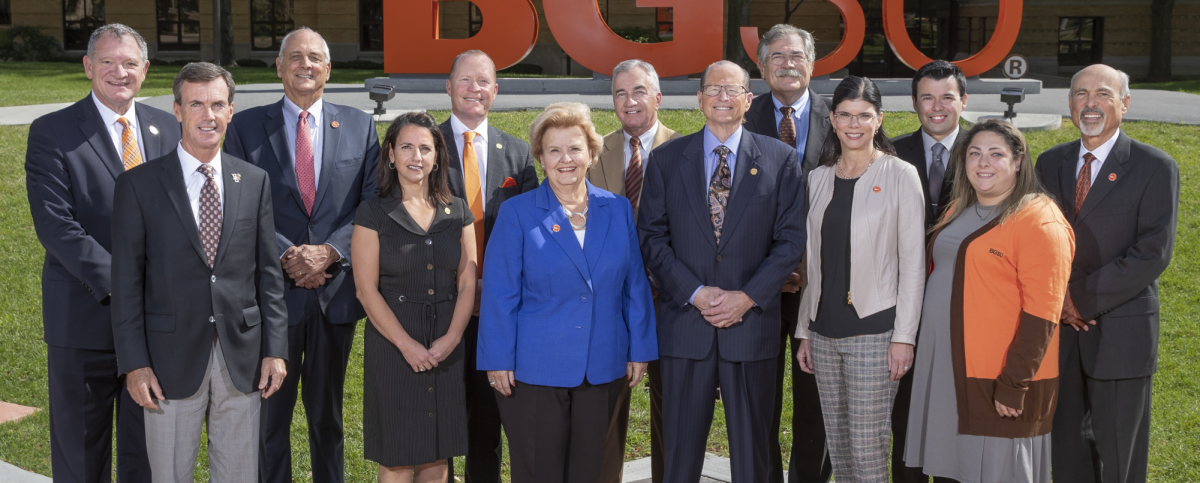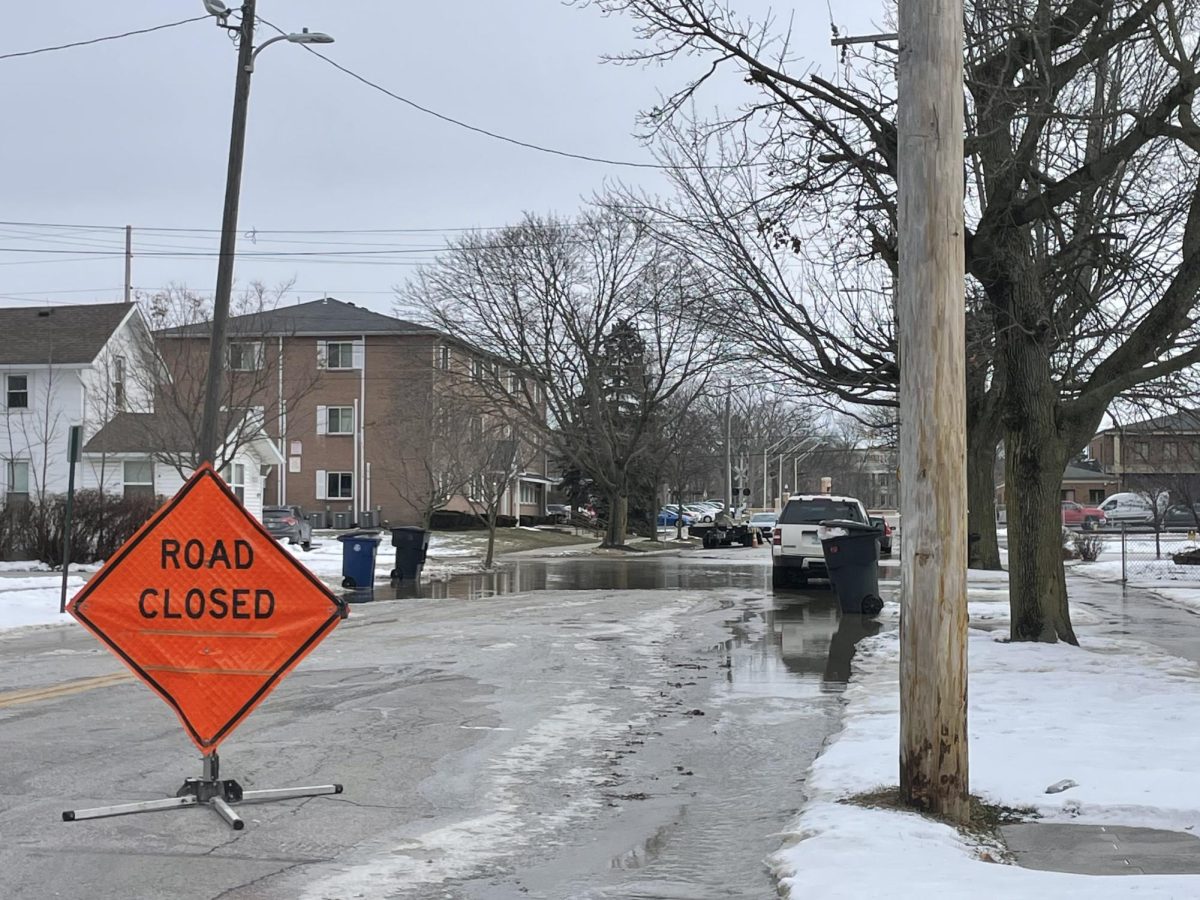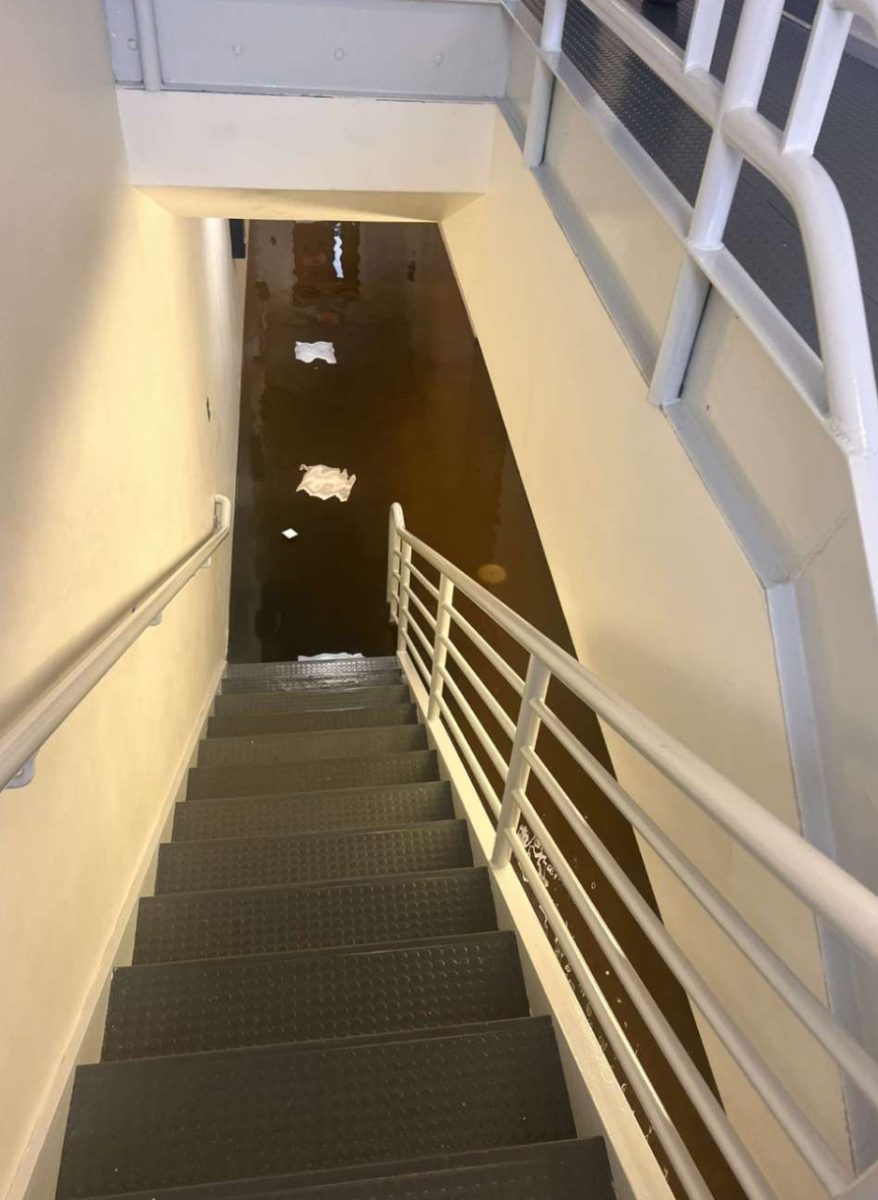With the surge of more than 20,000 students moving back to Bowling Green this week, both city and campus law enforcement are taking the necessary measures to ensure safety.
Lt. Ken Fortney of the Bowling Green Police Division said police will be focusing more on the east side and downtown areas of the city to accommodate for the influx of students.
“Move-in weekend is busy and with new freshman coming in, the first thing on their mind is partying, but there are rules you have to obey and consequences,” Fortney said.
Fortney said police will give speeches during orientation in order to educate new students, as well as put extra officers in the focus areas from 11 p.m. to 3 a.m.
During the first few weeks of school, Fortney said the crimes that typically spike are alcohol offenses, disorderly conduct and party violations in the city because there are more people.
For campus police, circumstances are slightly different.
Capt. Mike Campbell of the University police department said part of move-in weekend is directing traffic and making sure the students are safe.
“The officers’ main priority is the safety of people on campus as well as the property.” Campbell said.
To accommodate for the heavy traffic, Municipal Administrator John Fawcett said the city will be closing Mercer Road for move-in day.
“We want a good start to the weekend and we want to be efficient in conjunction with people on campus,” Fawcett said.
When students start to settle in, Campbell said the crimes that rise on campus are alcohol offenses, thefts as well as an increase in ambulance calls. However, the police start off every year prepared.
“We have a community policing program set up, which assigns officers to resident halls, academic buildings and areas with a lot of [student] traffic,” he said. “We have a presence in all buildings to try to give more opportunities for free-flowing information and more personal relationships.”
Working together with the city police is another crucial tool for ensuring safety in both the city and campus, Campbell said.
“We work with the city police year-round, sharing information and offering assistance if they need it. It goes both ways.” he said.
Campbell said, like the city, campus police also offer educational services like safety programs and alcohol discussions.
“We don’t want people to think they’re seeing an officer because something bad happened,” he said.
While both city and campus police try to educate students in the first few weeks, it doesn’t mean they will let first-time offending students off with a warning.
“If you get a warning, you’re lucky because it depends on the officers’ discretion,” Fortney said. “Everyone knows what’s expected of them, it should not be a surprise when they come to college.”













